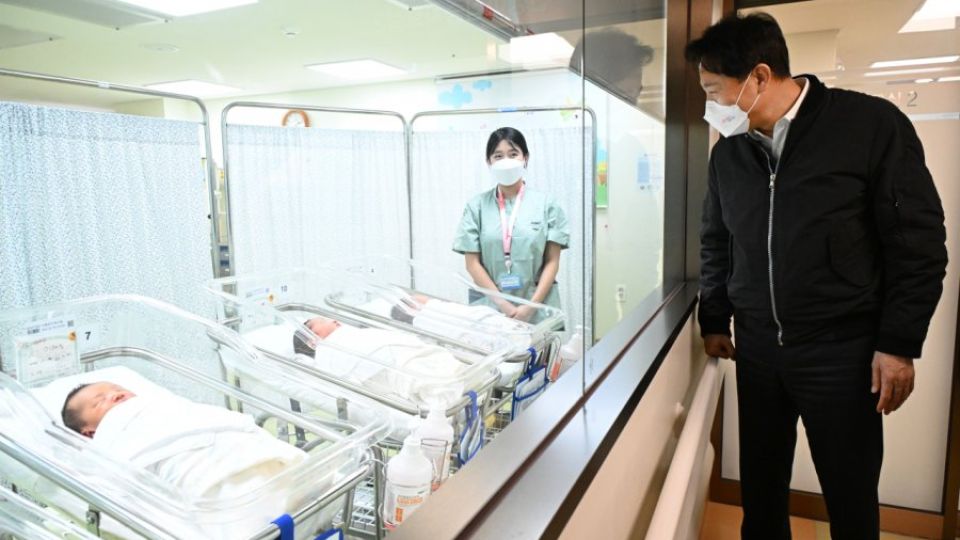February 14, 2024
SEOUL – The Seoul Metropolitan Government will provide mothers who give birth in Seoul with a subsidy of 1 million won ($753) per child in 2024, said the city government through a press release on Tuesday.
From September 2023, the city government subsidized newborn mothers’ postpartum care in the form of voucher points, which were distributed to their credit or debit cards. Within just four months since the subsidy was introduced, up to 15,907 mothers signed up to receive the subsidy. However, at this time, only mothers who resided in Seoul for more than six months were eligible to receive it.
As part of the city government’s “birth encouragement” project, the Seoul Metropolitan Government said that from 2024, all mothers who give birth in Seoul will be able to register to receive the subsidy, removing the six-month-long residency requirement. Mothers will only need to register for the subsidy within 60 days of giving birth, and the child’s birth must be registered in Seoul to prevent the duplication of benefits in other cities.
“We have decided to abolish the residency requirement so that all mothers who live in Seoul that require postpartum care can also benefit from this program, regardless of their residency period,” said a Seoul Metropolitan Government official.
Seoul Metropolitan Government’s postpartum care voucher can be used for maternal and newborn healthcare services, purchasing medicines and healthy foods for postpartum health recovery, and signing up for postpartum exercise classes or mental counseling services. All mothers can sign up to receive the voucher regardless of their income.
As the 1 million won subsidy is given for each child, mothers who give birth to twins or triplets can receive up to 2 to 3 million won.
A woman of foreign nationality may also apply for the subsidy if her husband is a Korean national. However, the subsidy excludes foreign mothers with foreign husbands.
Those who wish to apply for the subsidy can do so online at www.seoulmomcare.com or at a community center near their homes. While no additional documents are required for those registering online, those who register offline must have their cell phones and their identification card on hand for verification.


